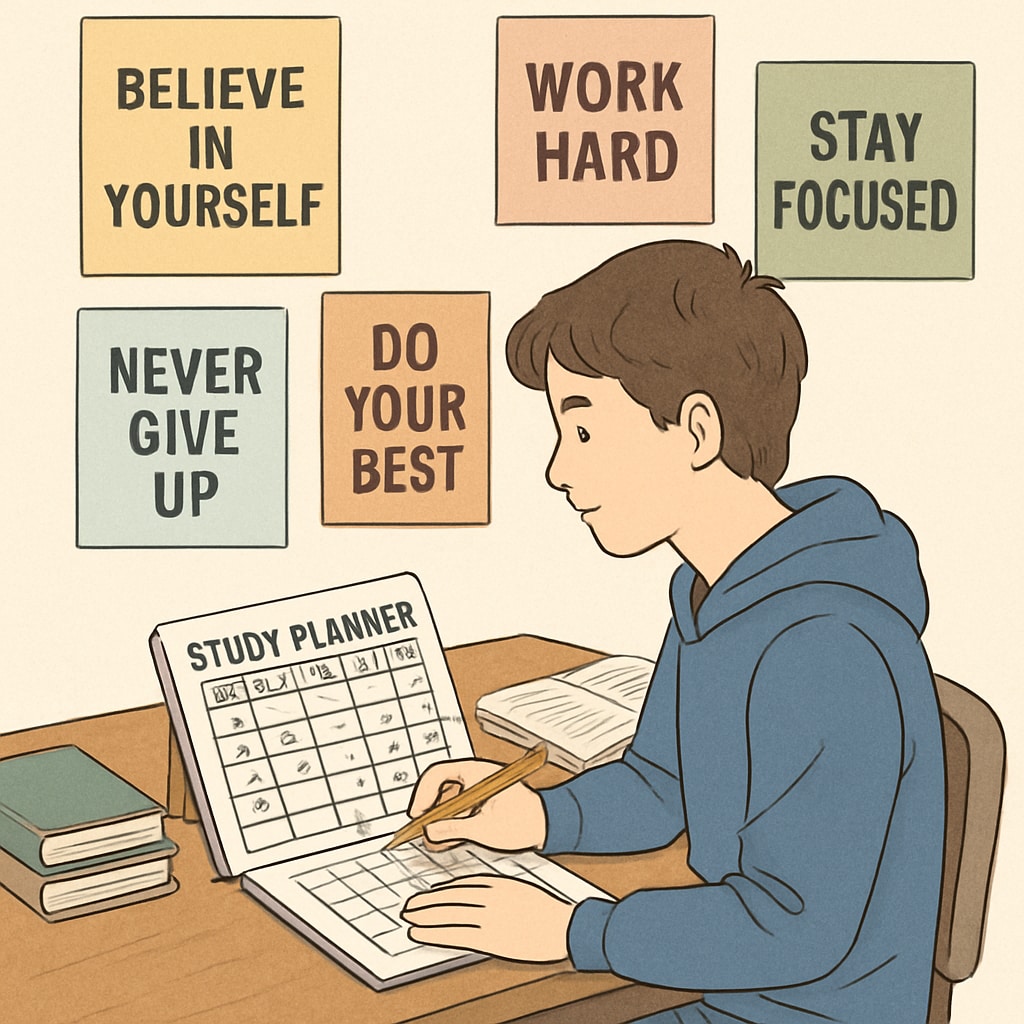Teenagers struggling with academic difficulties, family education issues, and unhealthy lifestyles often face a daunting combination of challenges. These factors can lead to a spiral of poor performance, low self-esteem, and a lack of direction. However, with strategic guidance and a focus on fostering autonomy, parents and educators can help teens rediscover their motivation and build healthier habits. This article outlines effective approaches to assist unmotivated teens and offers insights into creating a supportive environment for their growth.
Understanding the Impact of Overparenting
One of the key contributors to a lack of motivation in teens is overparenting—when parents excessively control or manage their child’s life. While this approach is often rooted in good intentions, it can stifle independence and reduce a teenager’s sense of ownership over their decisions. According to research on helicopter parenting, teens raised in overly controlled environments often struggle with self-regulation and resilience.
To mitigate these effects, parents should aim to strike a balance between providing guidance and allowing their teenagers to make their own choices. Encouraging autonomy fosters critical thinking and problem-solving skills, which are essential for academic and personal success.

Building Autonomous Learning Skills
Helping teens transition from dependency to self-driven learning requires practical strategies. Educators and parents can implement the following steps to nurture autonomy:
- Encourage goal setting: Teach teens how to define achievable, short-term goals related to their studies and hobbies. This gives them a sense of direction and accomplishment.
- Provide resources: Introduce tools such as planners, study apps, and online tutorials to help teens organize their learning process.
- Celebrate progress: Recognize milestones to boost their confidence and reinforce positive behavior.
In addition, mentoring programs and peer support groups can be valuable for teens who need extra encouragement. Studies cited by Britannica reveal the importance of collaborative learning environments in promoting engagement and retention.

Fostering Healthy Lifestyle Habits
Unhealthy habits, such as poor nutrition, lack of exercise, and excessive screen time, can exacerbate academic struggles and reduce motivation. To help teens develop healthier lifestyles, parents and educators can focus on these areas:
- Promote physical activity: Encourage participation in sports, yoga, or even daily walks to improve energy levels and mental clarity.
- Establish routines: Help teens create consistent schedules that include time for studying, hobbies, and relaxation.
- Model healthy behavior: Parents who demonstrate balanced habits are more likely to inspire their children to follow suit.
Moreover, providing access to nutritious meals and educating teens about the benefits of healthy eating can significantly impact their overall well-being. These lifestyle changes can also enhance their cognitive performance and focus.
Connecting Interests with Academics
Many unmotivated teens struggle to see the relevance of academic subjects to their personal interests. By connecting schoolwork to areas they’re passionate about, educators can reignite their curiosity. For example:
- Integrate hobbies: For a teen interested in technology, suggest coding projects or STEM-related activities.
- Leverage real-world examples: Show how subjects like math or science apply to everyday situations, such as budgeting or environmental conservation.
- Encourage creative outlets: Subjects like literature or art can be tied to storytelling, design, or personal expression.
When teens understand the relevance of their studies, they are more likely to engage and develop intrinsic motivation to learn.
As a result of these combined efforts—reducing overparenting, fostering autonomy, encouraging healthy lifestyles, and aligning academics with interests—teens can gradually shift from reliance on external motivation to self-driven growth.


